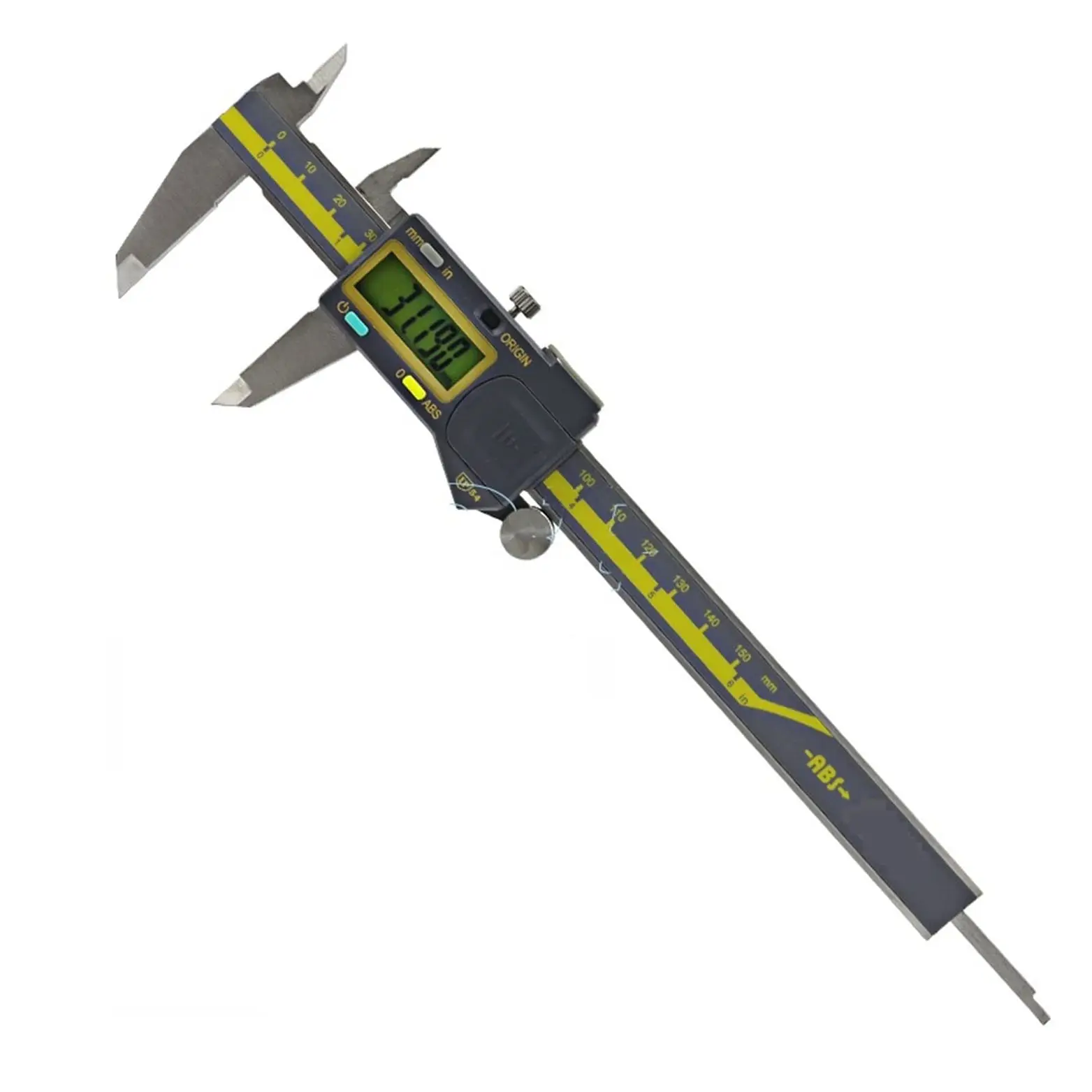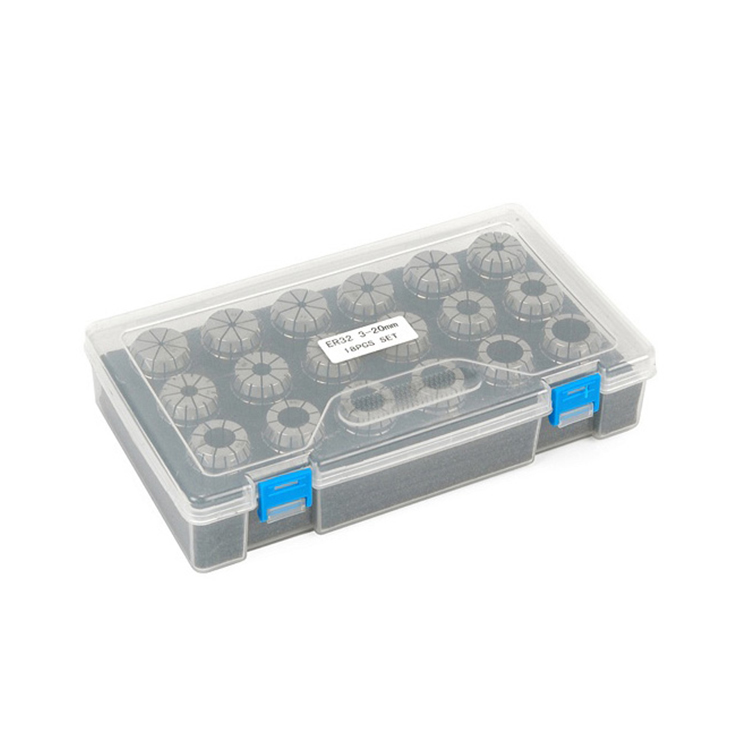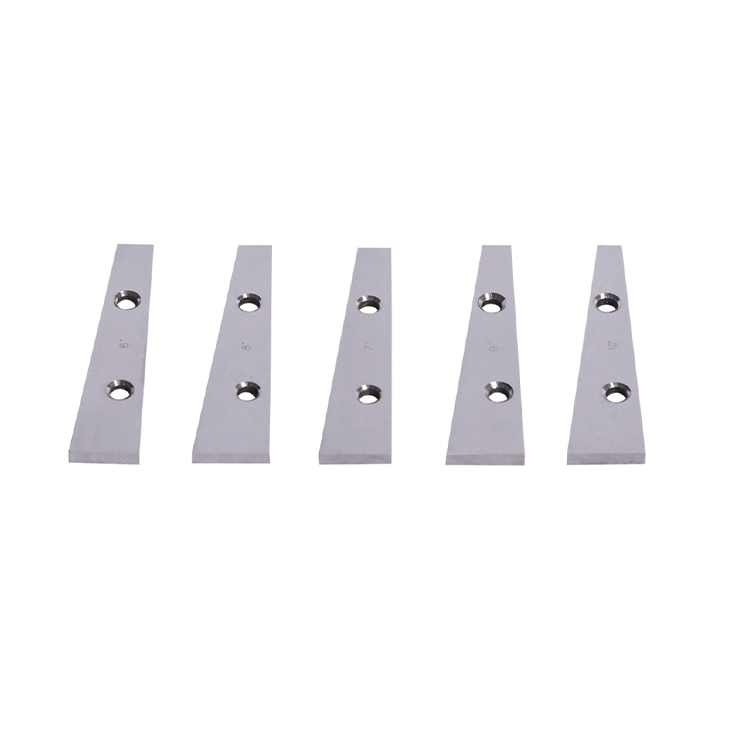45 degree end mill Manufacturer
Finding the right 45 degree end mill manufacturer can be challenging. This article explores the key considerations when selecting a manufacturer, the different types of 45 degree end mills available, their applications, and the factors that influence pricing and quality. It's designed to help you make an informed decision for your machining needs.
Understanding 45 Degree End Mills
A 45 degree end mill, as the name suggests, is a cutting tool designed with a 45-degree chamfer or bevel. This design offers several advantages in machining operations, primarily for creating chamfers, bevels, and deburring edges.
Key Features of 45 Degree End Mills
- Cutting Angle: The defining feature is the 45-degree cutting angle.
- Material: Typically made from carbide, high-speed steel (HSS), or powdered metal. Carbide offers superior hardness and wear resistance, making it suitable for demanding applications.
- Flute Design: Available in various flute configurations (number of flutes, helix angle) depending on the material being machined and the desired surface finish.
- Coating: Coatings like TiAlN (Titanium Aluminum Nitride) enhance tool life, reduce friction, and improve chip evacuation.
Applications of 45 Degree End Mills
45 degree end mills are versatile tools used across various industries. Here are some common applications:
- Chamfering: Creating a beveled edge on a workpiece for aesthetic or functional purposes.
- Deburring: Removing sharp edges from machined parts, improving safety and preventing damage.
- V-Grooving: Machining V-shaped grooves in materials.
- Engraving: Creating shallow engravings on various materials.
- Countersinking: Preparing holes for countersunk screws or rivets.
Choosing the Right 45 Degree End Mill Manufacturer
Selecting the right 45 degree end mill manufacturer is crucial for ensuring the quality, performance, and longevity of your cutting tools. Consider the following factors:
Quality and Materials
The quality of the materials used to manufacture the 45 degree end mill directly impacts its performance and lifespan. Look for manufacturers who use high-quality carbide or HSS sourced from reputable suppliers. A Wayleading Tools specialist can offer guidance on selecting the appropriate material grade for your specific application.
Manufacturing Process and Precision
Advanced manufacturing processes and stringent quality control measures are essential for producing accurate and consistent 45 degree end mills. Inquire about the manufacturer's machining equipment, grinding processes, and inspection procedures.
Range of Products and Customization Options
A reputable manufacturer should offer a wide range of 45 degree end mills in various sizes, flute configurations, and coatings to suit diverse machining needs. Customization options are also valuable if you require specific tool geometries or materials.
Experience and Reputation
Choose a manufacturer with a proven track record and a strong reputation in the industry. Read customer reviews, check for certifications (e.g., ISO 9001), and ask for references.
Pricing and Lead Times
While price is a factor, prioritize quality and performance over the lowest possible cost. Obtain quotes from multiple manufacturers and compare pricing, lead times, and shipping costs. Wayleading Tools is committed to offering competitive pricing without compromising on quality.
Customer Support and Technical Assistance
Excellent customer support is essential for resolving any issues or answering questions you may have. Ensure that the manufacturer provides technical assistance and application support.
Types of 45 Degree End Mills
45 degree end mills are available in various configurations to suit different machining requirements.
- Solid Carbide: Offers excellent hardness, wear resistance, and heat resistance. Ideal for machining hardened steels, stainless steels, and cast iron.
- HSS (High-Speed Steel): More affordable than carbide and suitable for machining softer materials like aluminum, copper, and mild steel.
- Indexable: Uses replaceable carbide inserts, offering cost savings and flexibility for high-volume production.
Coatings for 45 Degree End Mills
Coatings enhance the performance and lifespan of 45 degree end mills by reducing friction, improving wear resistance, and preventing chip adhesion.
- TiAlN (Titanium Aluminum Nitride): Offers excellent heat resistance and is suitable for high-speed machining of ferrous materials.
- TiN (Titanium Nitride): Provides good wear resistance and is commonly used for general-purpose machining.
- DLC (Diamond-Like Carbon): Offers exceptional hardness and low friction, ideal for machining non-ferrous materials like aluminum and copper.
Factors Affecting the Price of 45 Degree End Mills
Several factors influence the price of 45 degree end mills:
- Material: Carbide end mills are generally more expensive than HSS end mills due to their superior properties.
- Size and Geometry: Larger end mills and those with complex geometries typically cost more.
- Coating: Coated end mills are more expensive than uncoated end mills due to the added manufacturing process.
- Quantity: Purchasing in bulk often results in lower per-unit prices.
- Manufacturer: Prices can vary depending on the manufacturer's reputation, manufacturing processes, and quality control measures.
Maintenance and Care of 45 Degree End Mills
Proper maintenance and care can significantly extend the lifespan of your 45 degree end mills.
- Cleaning: Clean end mills regularly to remove chips and debris.
- Storage: Store end mills in a dry and protected environment to prevent corrosion and damage.
- Sharpening: Resharpening dull end mills can restore their cutting performance and extend their lifespan.
- Handling: Handle end mills with care to avoid chipping or damaging the cutting edges.
Finding Reliable 45 Degree End Mill Manufacturers Online
The internet provides numerous avenues for locating 45 degree end mill manufacturers. Use search engines with specific keywords, explore online directories, and visit industry-specific websites and forums. Consider requesting quotes and comparing offerings from multiple suppliers to ensure you find the best fit for your needs.
Comparison of Common 45 Degree End Mill Materials
| Material | Hardness | Wear Resistance | Cost | Applications |
|---|---|---|---|---|
| Carbide | Very High | Excellent | High | Hardened Steels, Stainless Steels, Cast Iron |
| HSS | Medium | Good | Low | Aluminum, Copper, Mild Steel |
Conclusion
Choosing the right 45 degree end mill manufacturer requires careful consideration of factors such as quality, manufacturing process, product range, experience, and pricing. By following the guidelines outlined in this article, you can make an informed decision and select a manufacturer that meets your specific machining needs. Consider reaching out to trusted suppliers like Wayleading Tools to discuss your requirements and find the perfect tooling solutions.
Related products
Related products
Best selling products
Best selling products-
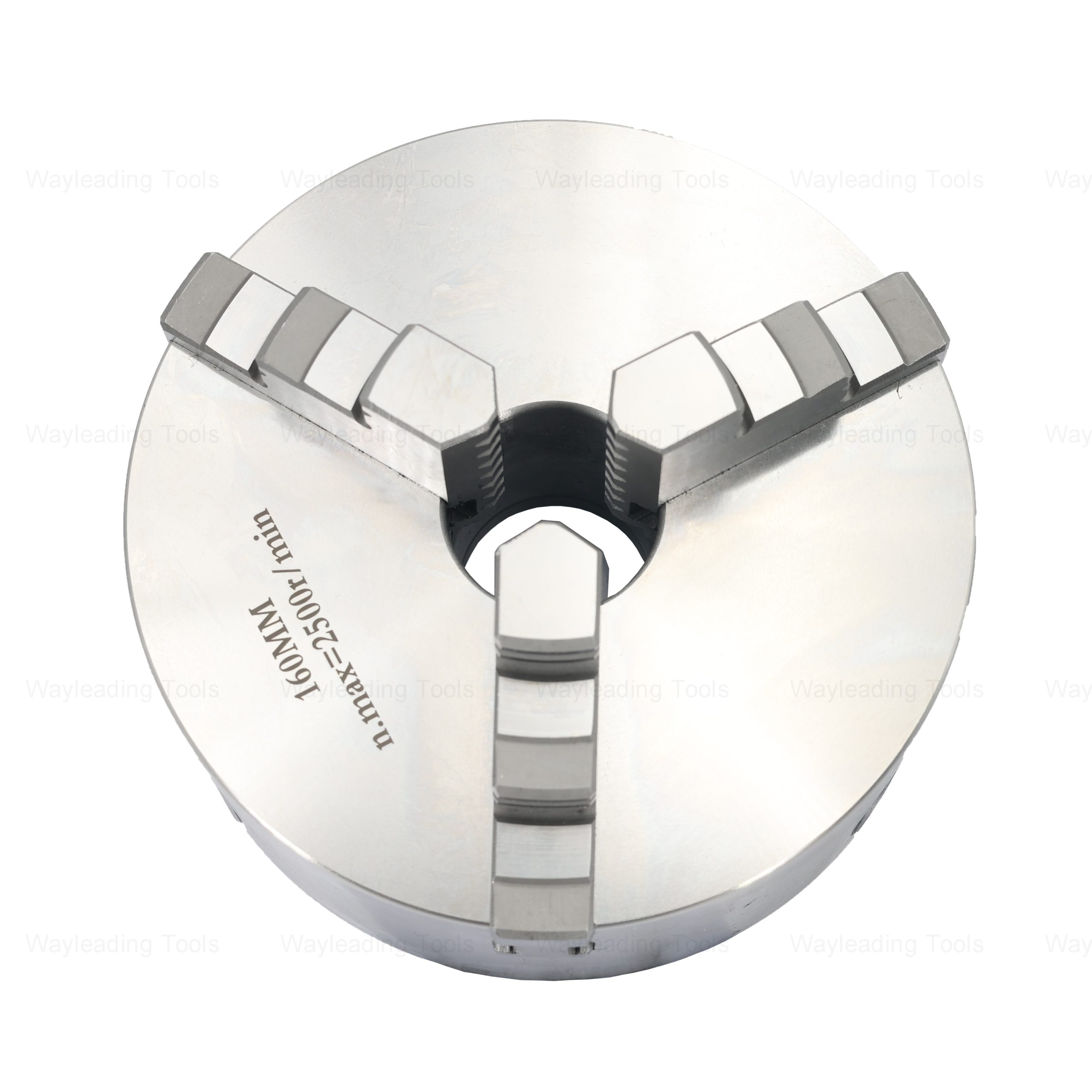 K11 Series 3-Jaw Self-Centering Lathe Chuck – Scroll Type, for Manual Lathes
K11 Series 3-Jaw Self-Centering Lathe Chuck – Scroll Type, for Manual Lathes -
 Single Wheel Knurling Tools With Straight Pattern For Industrial Type
Single Wheel Knurling Tools With Straight Pattern For Industrial Type -
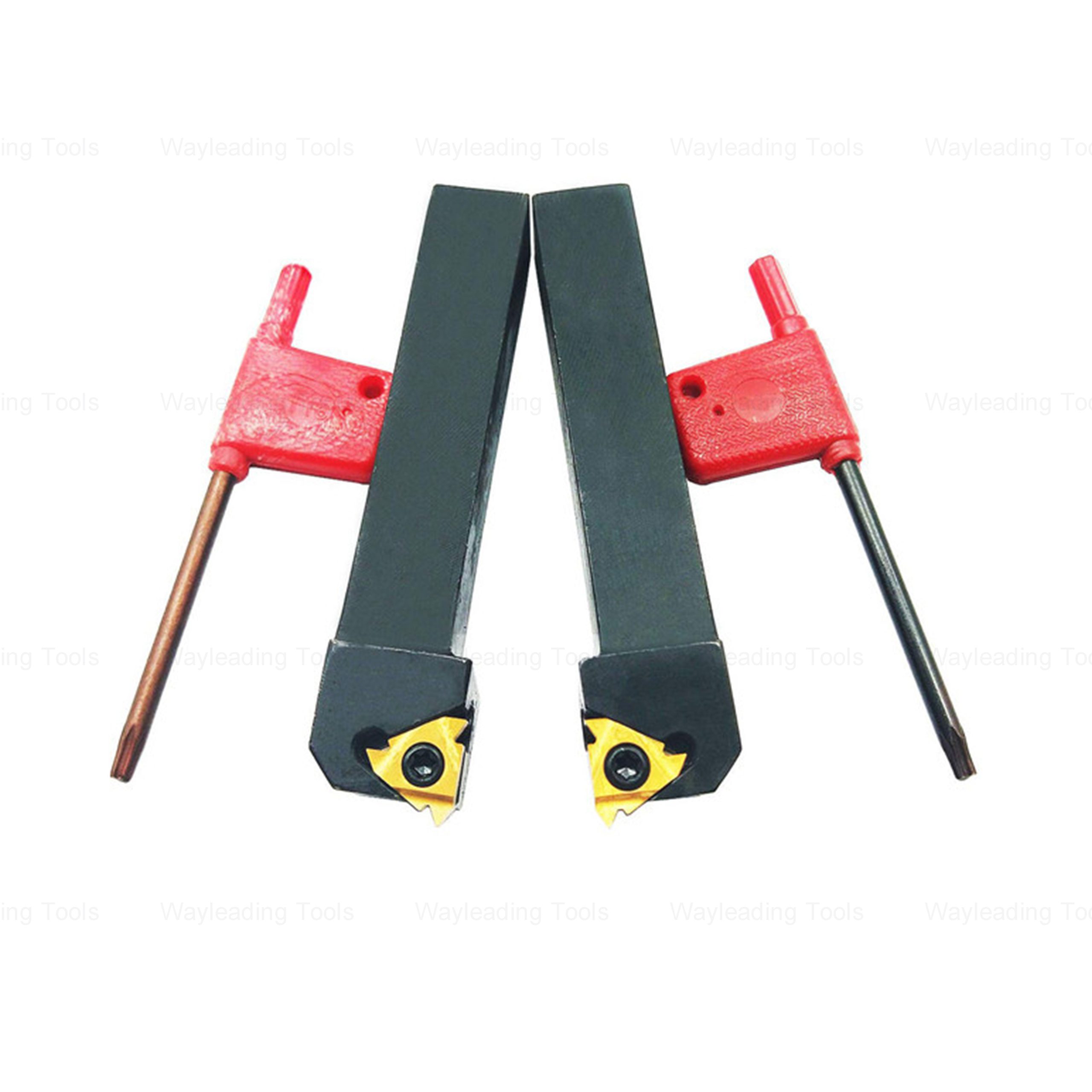 Indexable External Threading Tool Holder – SER / SEL, Metric & Inch
Indexable External Threading Tool Holder – SER / SEL, Metric & Inch -
 Deburring Tool Blades Using For Deburring
Deburring Tool Blades Using For Deburring -
 HSS Inch Convex Milling Cutter For Industrial
HSS Inch Convex Milling Cutter For Industrial -
 Parting & Grooving Tool Set With SLTB Blcok, NCIH Blades, GTN Inserts
Parting & Grooving Tool Set With SLTB Blcok, NCIH Blades, GTN Inserts -
 Precision Digital Bore Guage From 6-450mm Range
Precision Digital Bore Guage From 6-450mm Range -
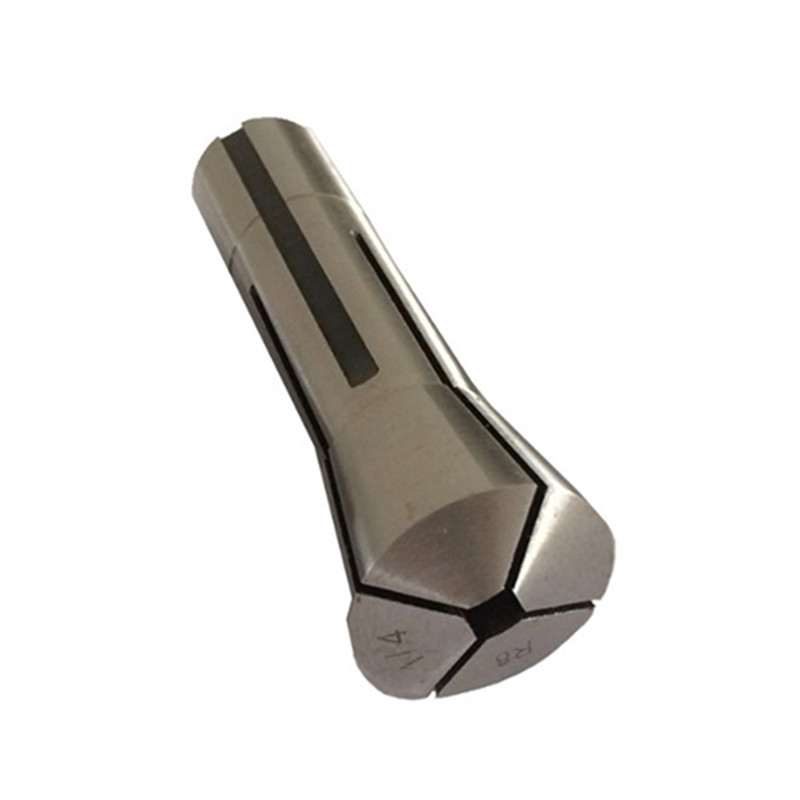 R8 Square Collet With Inch and Metric Size
R8 Square Collet With Inch and Metric Size -
 HSS Annular Cutters With Weldon Shank For Metal Cutting
HSS Annular Cutters With Weldon Shank For Metal Cutting -
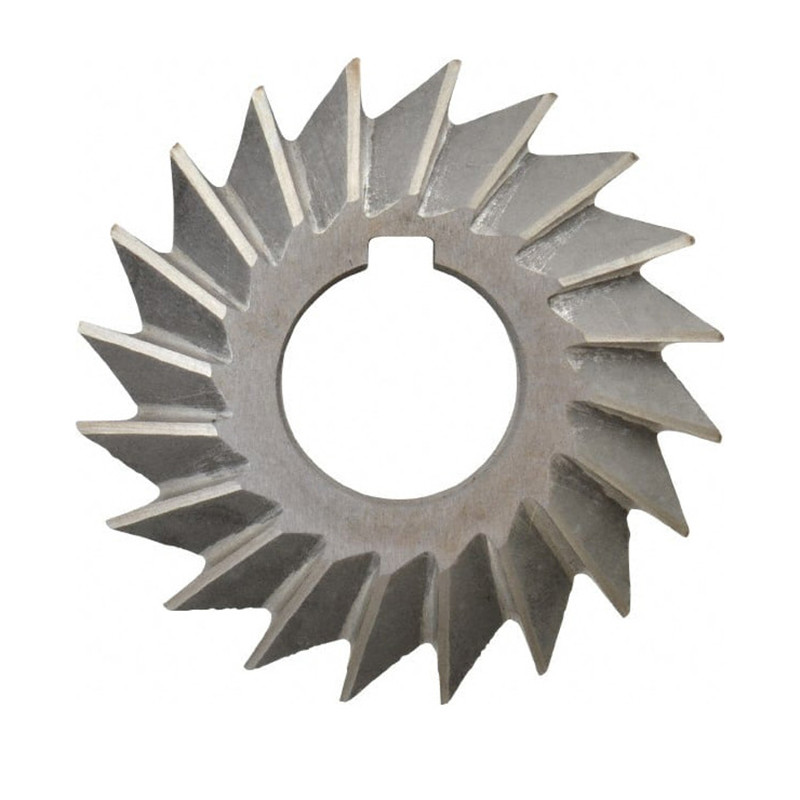 HSS Inch & Metric Single Angle Milling Cutter For Industrial With Bright Or TiN Coated
HSS Inch & Metric Single Angle Milling Cutter For Industrial With Bright Or TiN Coated -
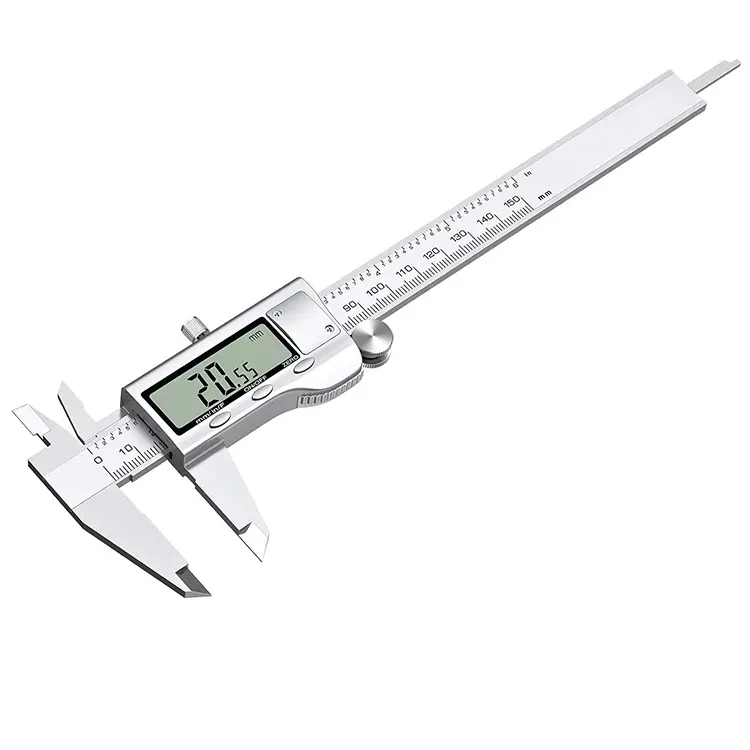 Precision Digital Caliper Of Metal Case For Industrial
Precision Digital Caliper Of Metal Case For Industrial -
 MT-APU Drill Chuck Holder With Keyless Type
MT-APU Drill Chuck Holder With Keyless Type


